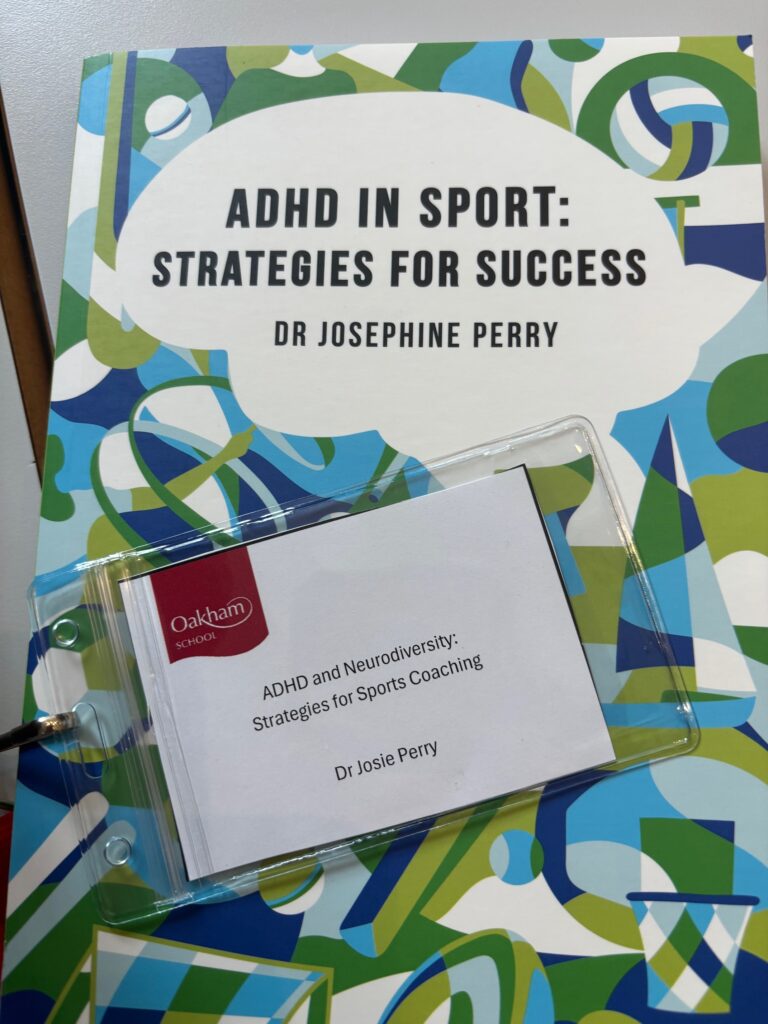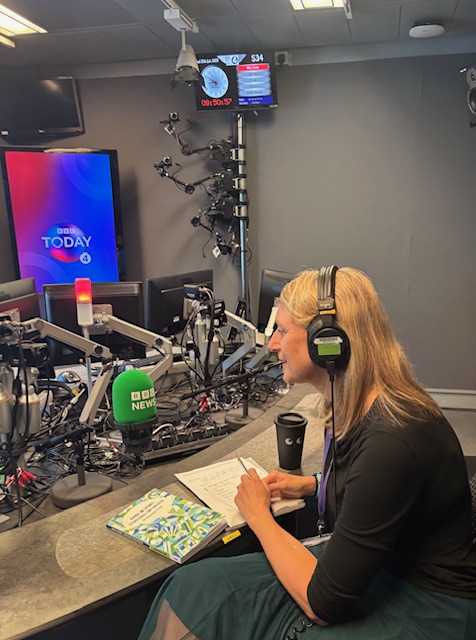Performance in Mind July newsletter
Academic exam season is over for another year. Parents rejoice, teachers and lecturers breathe a sigh of relief (or start marking contracts) and students get to go back to all the other things they love. Yet in some professions the studying and honing of skills to be tested goes on for many years more.
Wine is one of these professions.
I can see the confusion on the faces of those in my speeches and workshops when I talk about how I work a lot in the wine industry. Why do sommeliers need performance psychologists?
Well…The top (and final) exam you take to externally validate that you are one of the best sommeliers in the world is the MS; The Master Sommelier exam. It is hard. Really hard. There are three elements; a oral theory examination, a deductive tasting of six wines, and a practical wine service examination. You need to score 75% on all three elements to pass. You must first pass the theory (only 10% pass this) and then have three years to pass the remaining two parts. If all three parts are not passed during those three years… the entire exam must be retaken.
Tough huh. Knowing you are going into an exam and 90% of you will fail. And even if you pass you’ve got two other incredibly hard elements to come. And if you don’t pass those – you have to do it all again! So imagine how you feel knowing you are going to do all those years of work and will probably still fail. You feel anxious, worried, stressed and your threat system triggers. You’ve ‘flipped the lid’ and your body is flooded with adrenaline and cortisol. The cortisol goes to your tummy to make you feel nauseous, lifts your heart and breathing rate so you feel flustered, your back and shoulder muscles get tight and tense and, worst of all, your senses switch off.
The evolutionary reasoning for this is valid; if early humans were being chased by a bear there threat system would switch off and there is no need to smell the bear or taste the bear – you need all systems focused on getting you to safety (fight, flight, freeze or fawn). But in the physical safety of an exam the psychological discomfort triggers that same system and you lose your senses, And how are you supposed to deduce which wine your have in front of you if you can’t taste it or smell it?
So candidates work for years to get knowledgeable enough to pass, they will use every tool in the revision book to prepare and then their fear of the text; and their keenness to pass actually get in the way of actually being able to do it. In fact, to date, fewer than 300 people worldwide have passed to become Master Sommeliers.
If you want to learn more about the process – and some of the scandals involved in the last decade tune into Corked, By Marc Fennell on Audible. If you want to learn how to handle that level of pressure and preparation, come see me!
Another really tough test, again with fewer than 300 people making it to membership is to become an Associate of the Inner Magic Circle. We were lucky enough to interview one of these magicians, John Bulleid on the Be Braver podcast a few weeks ago – tune in to hear how he passed his exam.
ADHD in Sport
The launch of my book in April has gone far better than I expected. I worried it was too niche and there may be a lack of interest. But..
- Over 600 people signed up for the launch webinars
- Books have been bought by lots of the countries top sports schools and NGBs to help support their ADHD athletes.
- I have been asked into a number of schools to give INSET day workshops for staff in September.
Have recorded podcasts with:
- Dan Abrahams on Sport Psych podcast – #317 Dr Josie Perry – ADHD in Sport: Strategies for Success
- Performance Psychcast – The Performance Psychcast – Episode 58 – ADHD in Sport – Dr Josephine Perry – The Performance Psychcast | Podcast on Spotify
- ADHD Woman’s Wellbeing Podcast – Episode 229: ADHD in Sport: Strategies for Success with Dr Josephine Perry — ADHD Women’s Wellbeing | by Kate Moryoussef
- Tennis IQ- Ep. 219 – ADHD in Tennis with Dr Josephine Perry by Tennis IQ Podcast
- ADHD Untanlged: Podcast — ADHD Untangled
And should be on Radio 4 Today programme in the next few days
And I have recorded ADHD in Sport chats with:
- Dr Sam Mcleod – on working with athletes with ADHD in Australia – Dr Sam Mcleod, on supporting athletes with ADHD
- Dr Oliver Runswick – on the research going into understanding ADHD in Sport – Dr Oliver Runswick: Research on ADHD in Sport
- Caroline Toshack – on supporting athletes with ADHD and eating disorders – coming soon
- Steve Bicknell – on working with athletes with ADHD in Australia – ADHD in Sport Chats: Steve Bicknell and Dr Josephine Perry discussing ADHD in Sport.

Finally, at a coaching conference with Dr Iain Simpson we wanted to help coaches support athletes who were neurodivergent but worried about not having capacity to adapt to a small number of their athletes or participants. We highlighted that there are 20 ways to create a better coaching environment for all athletes. We know many coaches do many of these already…
- Advocate individual differences – make it easy to tell you about any diagnosis or worries – no-one should feel they are ‘disclosing’ to you.
- Anger – Work on anger management strategies for all athletes.
- Ask – Talk to your athletes. What would help them feel safer in your environment so they can thrive.
- Body doubling – Buddy up people for the more boring tasks.
- Consistency – Clear schedules, shared expectations of conduct, forewarn on changes or transitions.
- Feedback – make it specific and positive – tell them what you want to see more of – write it down.
- Imagery – become an advocate of imagery – safe way to develop skills.
- Inputs over outputs – Focus goal setting on process goals.
- Keep quiet – No ‘joystick’ coaching. Shouting instructions from the sideline is too confusing.
- Medication awareness – If medicated remind them to keep an eye on body temp, heart rate, and fuelling.
- Observations – Offer athletes observation time so they can see what to do – not just hear it.
- Organisation – Have kit checklists in circulation.
- Pre-plan trips – Consider individual differences when it comes to travel and accommodation. Have an athlete to sense check plans for you.
- Save your energy – Public criticism and telling off an athlete for being late, not listening, moving about creates tension & changes nothing.
- Sensory stuff impacts lots of us – Consider sensory issues with uniform, noise, supporters and advertising banners.
- Short cut language – Coin chat – threat system triggered – shutdown – 5 minutes.
- Simplicity – One piece of advice at a time.
- Strengths – Become a strengths focused coach – big up where the athlete is great so they can do more good stuff.
- Tasks – If someone struggling to sit still give them other tasks to do. Get a buddy to fill them in.
- Visual – draw as much as you talk. Use chalk, whiteboards and magnets.
If you haven’t yet bought it I have a discount code for 20% off:
https://www.sequoia-books.com/catalog/adhd/ – code: ADHD20
Book recommendation:
One of the hardest groups I found to work with when I was training were mid teens. I now love working with them but starting out I found 16 year olds a tough crowd. This book; Stop F*cking Nodding and other things 16 year olds ( Stop F*cking Nodding: And other things 16-year-olds say in therapy: Amazon.co.uk: Connor, Jeanine: 9781915220080: Books_ say in therapy was suggested by a client who is training to be a counsellor and I am so grateful. Really interesting to see how psychotherapists work (so differently to my Acceptance and Commitment Therapy driven performance psychology approach) and gives us 9 stories of 16 year olds she has worked with to show the struggles they may go through, the theory behind supporting them and the connection she manages to achieve.
Good listening
- Totally biased but do come and listen to the latest Be Braver podcasts (The Be Braver Podcast | Podcast on Spotify). We have chatted to:
John Bulleid – Magician, Actor and Illusion Designer - Lucy Gossage – Oncologist and Ultra Endurance Athlete
- Kate Silverton – Former BBC Presenter, Strictly Contender and now Child Therapist
- Dr Sarah Ruggins – Finance professional – and World Record holder for Double LEJOG!
- David Smith MBE – Too many accolades to mention – but one of the most life affirming people I’ve ever met.
Annie (Emmerson – my awesome co-host) is a genius at pulling out stories from people. I get too excited about their mindset and keep wanting to drill into what drives them and how they stay on track! Together I hope we illuminate some amazing people with fascinating stories to give them the recognition that their Bravery and curiosity deserves.


Recent Comments